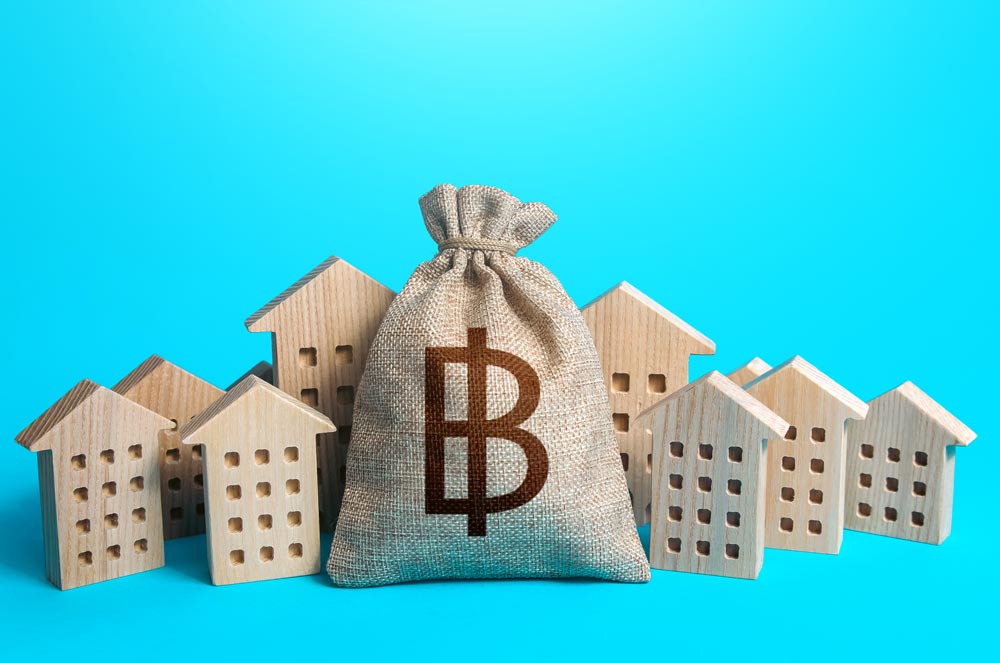Developing An AR Experience: 8 UX Principles To Consider
April 1, 2024

Blockchain has entered the real estate sector for good. Albeit slowly, the real estate sector that usually sticks to conventional practices is responding to the transformations of blockchain. If you are looking to leverage the commercial, strategic and technical benefits of blockchain for real estate, this blog can help. It introduces you to the transformative capabilities of blockchain in real estate.
From transforming the way buyers and sellers connect with each other to eliminating intermediaries, real estate can thank blockchain in many ways.
Conventionally, listings and connecting buyers and sellers have remained the primary concern of the real estate sector. However, blockchain introduces novel ways to trade real estate. It can enable trading platforms and online markets to support real estate transactions in a better and more bankable manner.
One of the leading blockchain firms globally has developed a system that leverages blockchain to facilitate real estate transactions. It allows sellers to tokenize assets and liquidate online like trade exchange platforms. One can then collect the tokens and exchange them for fiat currency.
Blockchain has many challenges to address here. Some include,
Blockchain offers banks and financial institutions a single version of verified information, immutable transaction monitoring, real-time payment settlements, and secure data sharing. You can also digitize a loan or mortgage and program it to include relevant data like ownership rights and loan payment history.
Blockchain also introduces smart contracts that can help collect and distribute payments to beneficiary holders. It can also send real-time reports to regulators. Holistically, blockchain manages the entire lifecycle. It fosters more credibility within secondary markets by offering investors proof of asset performance.
This one may hurt brokers and realtors a bit. But that’s part of technological disruption! According to an industry report, blockchain will soon foster a shift in the roles and participation of brokers, lawyers, and banks in the real estate sector.
New platforms can take up managing listings, payments, and legal documentation. Intermediaries who charge a substantial commission to facilitate transactions will be eliminated. It will help sellers get more from their sales, as they won’t have to pay realtors a certain percentage as commission.
Blockchain-based tenant and investor identities can help streamline many factors. Mutualized blockchain-based KYC/AML procedures can streamline background checks, reduce costs, and increase security. Real estate involves many formalities and complex compliance to fulfill. Accordingly, decentralized identities enable anyone to prove ownership of properties while making essential documents (proof of insurance, identity, credit history) easily shareable with necessary parties.
Blockchain offers innovative solutions that include improved safety of purchase, automation of property management, increase efficiency, smart decision making, and lower costs.
Blockchain is revolutionizing real estate when it comes to urban development. Property development is something that the local authorities and the government decide on their own. The community for which they develop these properties often remains uninvolved in the entire planning and feedback process.
As a result, in many cases, they live with what’s planned and developed rather than what they really need. But blockchain can change the picture.
Blockchain-based planning platforms can involve token-based participation incentives, educational resources, and a feedback loop. It can stimulate community participation and involve local communities in urban planning development. The result is increased public confidence and satisfaction when the projects are implemented as per public needs.
Get Real Estate Blockchain Solutions with Qodequay Technologies
Qodequay Technologies is a comprehensive blockchain expert with exceptional blockchain development capabilities and extensive experience.
The company develops custom, secure, efficient, and scalable blockchain solutions for various sectors. Qodequay’s blockchain solutions augment business efficiency, enhance transparency, automate and accelerate many processes and explore new business opportunities with tailored blockchain solutions.
Write to Contact@qodequay.com to know more.